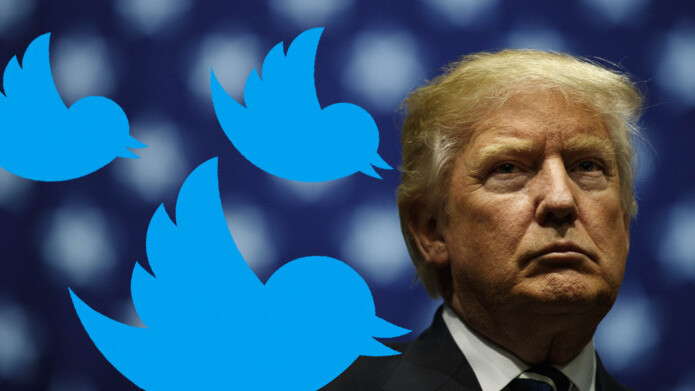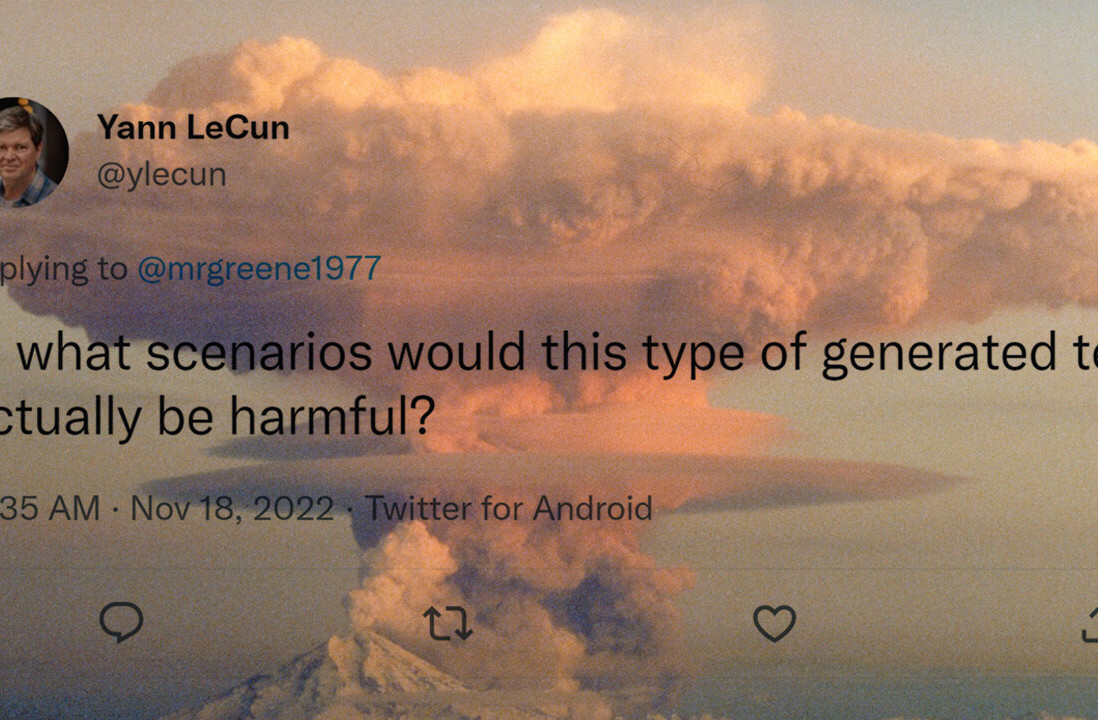
Proving we live in bizarre-o world, a federal judge today was tasked with determining the legality of President Trump’s social media use. Or, more specifically, whether he can ban US citizens from viewing his tweets.
Today’s hearing is the first step in settling a lawsuit in which numerous co-plaintiffs allege Trump’s blocking them on Twitter is in direct violation of their first amendment rights to free speech.
At the center of the argument, and something district judge Naomi Reice Buchwald will have to decide, is whether Trump’s tweets are a matter of public record. If Buchwald rules Trump’s tweets are a state action — a term grabbed from the 14th Amendment that prohibits the government, or its employees from infringing on individual rights of US citizens — he’d be prohibited from blocking anyone on Twitter who wished to see his updates.
Trump’s attorney — and US Department of Justice employee — Michael Baer, argues the President’s tweets do not qualify as a state action, as his use of the social media platform was for personal, not political reasons. “Even prominent public officials engage in personal conduct, whether in public or private, that involves no exercise of state power,” the Justice Department said in a previous statement, noting Trump created his personal Twitter handle years before running for president.
Katherine Fallow, a lawyer for the plaintiff’s disagreed. She told Buchwald the record “shows unambiguously that the President operates his account in an official capacity.”
It’s hard to disagree with Fallow. Trump has, in recent months, used his personal account to announce everything from denuclearization talks with North Korean leader Kim Jong Un, to details surrounding his firing of FBI director James Comey. Even Trump’s former Press Secretary Sean Spicer once said this about his use of the @realdonaldtrump handle for public policy announcements: “They’re considered official statements by the President of The United States.”
It’s unclear when Buchwald will rule on the matter, but for now she’s offered up a compromise: instead of blocking dissenters, mute them. The compromise would allow Trump to walk away from the conversation, while still delivering the information to those interested in seeing it.
Get the TNW newsletter
Get the most important tech news in your inbox each week.





